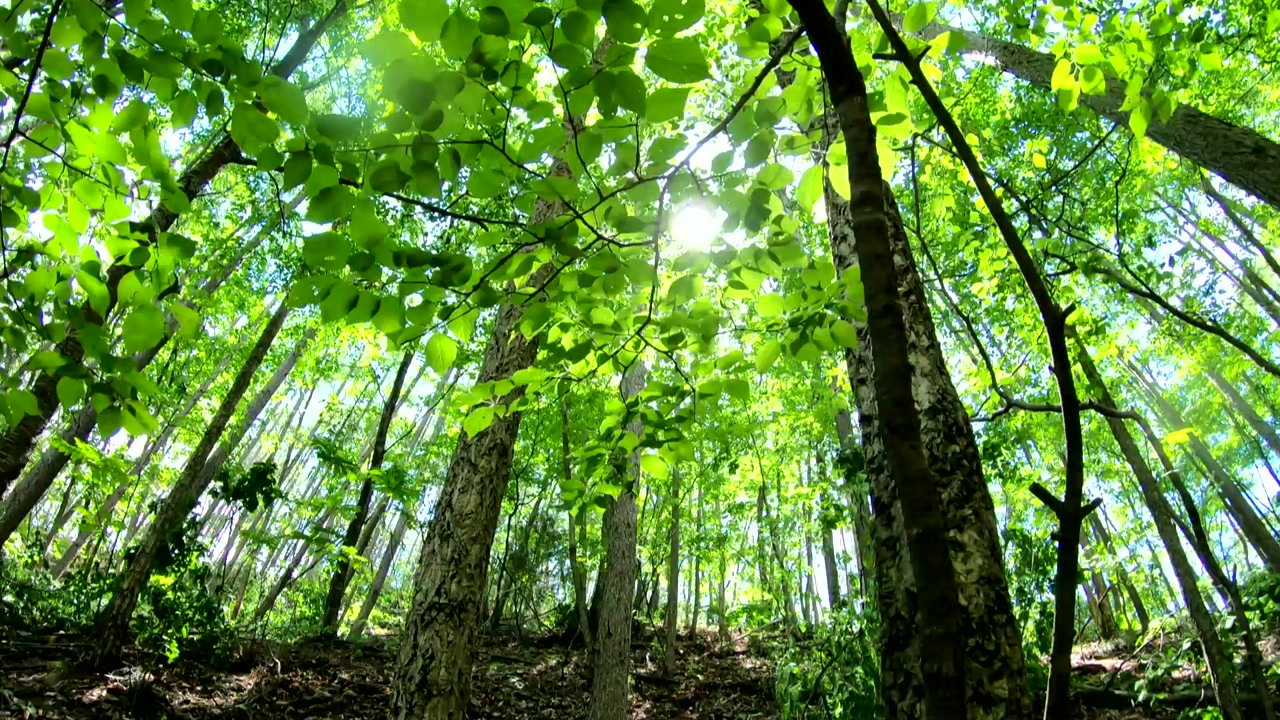
[ad_1]
[앵커]
Forests are the only source of global warming that absorbs carbon dioxide without emitting it. To achieve ‘carbon neutrality by 2050’, the Korean Forest Service has decided to plant a total of 3 billion new trees over the next 30 years. Reporter Kim Jin-du reports. Dense forests are the only way to slow down global warming. This is because they absorb carbon dioxide, the main culprit for greenhouse gases. However, as the tree ages, its carbon dioxide absorption rate decreases. Until last year, the percentage of trees older than 50 years was only 10% of the total, but by 2050 it will increase to 80%. In this way, the absorption of carbon dioxide from the forest, which currently exceeds 40 million tons per year, will be reduced to 14 million tons by 2050, to a third level. A problem arises with the ‘2050 carbon neutral’ goal of dramatically reducing carbon dioxide emissions and absorbing as much as they do. To improve this situation, the Forest Service plans to plant 3 billion new trees by 2050, raising the carbon sequestration rate to 34 million tons. In addition to cutting down old trees and replanting them in their place, new plantings are also secured. Urban forests are expanding and targets are extended to islands and coastal areas, and to the devastated forests of North Korea and abroad. In addition, it has decided to increase the use of wood that has been recognized for its carbon storage capacity, and to develop and apply species with excellent carbon absorption and adaptability to climate change. In the 1970s and 1980s, trees were planted and cultivated in bare mountains, and after 40 years, Korean forests became lush. The Korean Forest Service’s strategy is to move away from forest maintenance and contribute to carbon neutrality through a virtuous cycle of “fell, plant, use and nurture” resources. This is YTN Kim Jin-du.